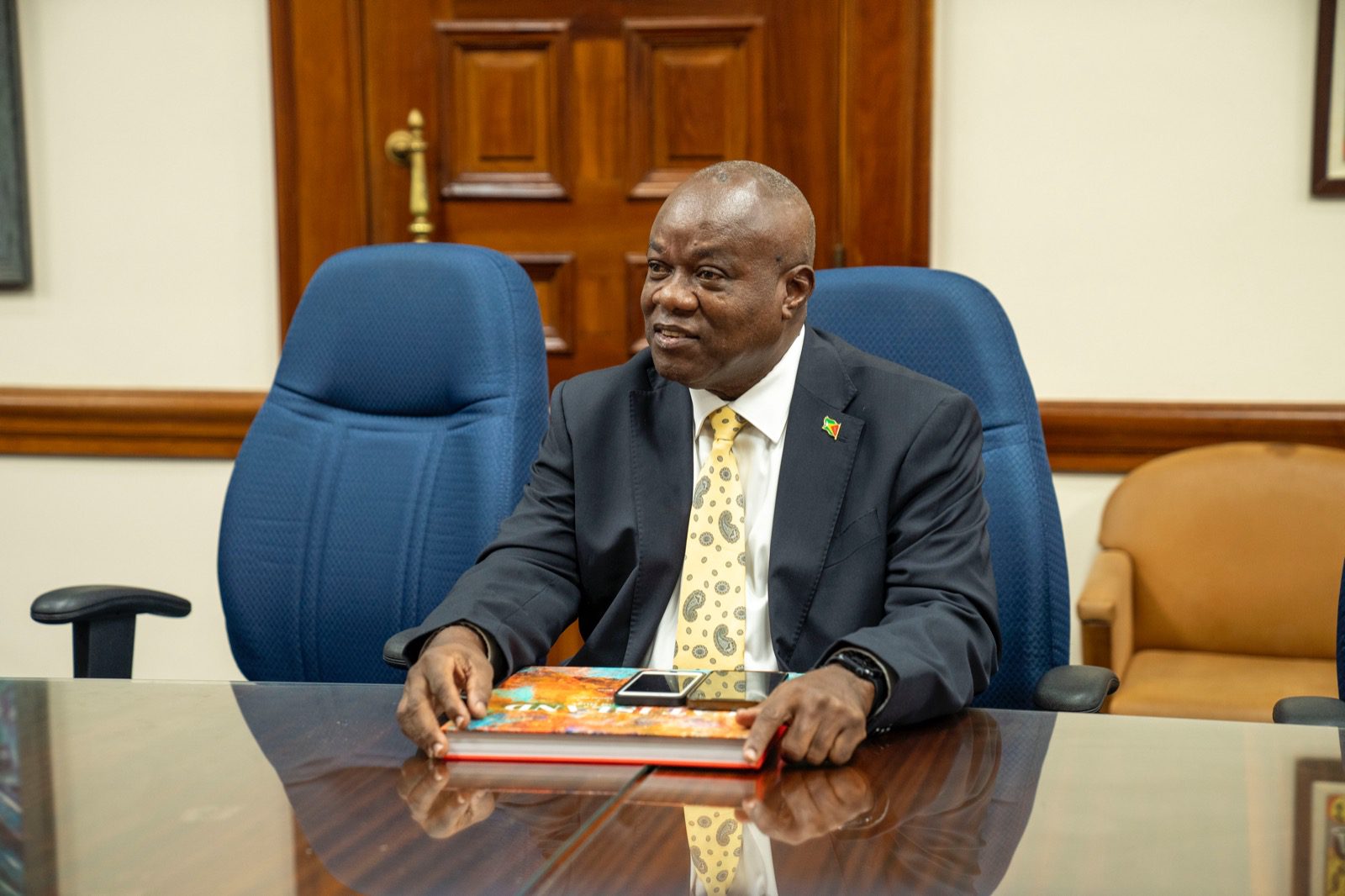Guyana’s Opposition Leader, Aubrey Norton on Monday expressed disappointment with the newly released Petroleum Activities Bill, stating that it fails to incorporate the lessons learned from challenges faced by the country’s oil and gas industry in recent years. The Opposition, which plans to provide a more comprehensive analysis of the bill when it is presented to the National Assembly, has highlighted several key areas where it believes the legislation falls short.
The Opposition said there is lack of clarity regarding insurance and liability coverage and that the legislation presents an opportunity to establish a robust framework. This would ensure companies bear full responsibility for environmental and industrial damages, including oil spills, without leaving room for ambiguity.
It also said there is an absence of well-defined principles and rules governing the auction process. The Bill would allow for government to issue licenses via competitive tender or through direct negotiation. The Opposition statement says transparency, consistency, and predictability should be central to the auction system to prevent corruption, insider trading, and the improper flipping of leases or concessions, and that without clear guidelines in place, the process may be susceptible to unethical practices that undermine the integrity of the industry.
Concerns about government spending directly from cost oil also feature prominently in the opposition’s critique. This may refer to any deal between the government of Guyana and the Stabroek Block consortium for the companies to fund projects through expenses that would later be recovered from a share of oil production. The government had intended for part of the investment into the Gas-to-Energy project to be funded through cost oil, but eventually went in another direction. The Opposition is arguing that unregulated expenditure on infrastructure projects using cost oil could facilitate wasteful use of public funds. It recommends that any such agreements between companies and the government regarding such spending should be subject to scrutiny, debate, and approval by parliament, similar to any other use of public funds.
The Opposition also alleged that the governing administration disregards feasibility studies, and should make a requirement for these mandatory through legislation. It said these studies play a vital role in assessing the viability of projects and ensuring informed decision-making. The opposition contends that legislating the requirement for feasibility studies would prevent their neglect and ensure that future ventures are based on sound assessments. This may refer to concerns about the viability of the Gas-to-Energy project. While the government and ExxonMobil have said much about the benefits that will come from the project, there has been some advocacy for government to hire an independent firm to conduct a feasibility study.
The Opposition also emphasized the importance of audits as a mechanism for overseeing company operations and ensuring that the country receives its fair share of oil revenues. They argue that legislation should explicitly mandate timely and thorough audits and require the government to promptly release the audit results to parliament and the public. The office also recommends the imposition of penalties on companies that provide false or incomplete information during audits to discourage deceptive practices. This criticism likely came as a result of the handling of cost audits for some Stabroek Block expenses. The government has contracted multiple audits, but some critics worry that they are not being concluded in a timely manner and have called on government to be more transparent about findings.
The Opposition also expressed disappointment with the government’s attitude, which it called apathetic, regarding the establishment of a Petroleum Commission. The Opposition proposes integrating the mandate, powers, and functions of the commission within the Petroleum Activities Act, similar to the existing bodies overseeing the mining sector. The government had said, in its 2020 election campaign, that it would establish a Petroleum Commission to get politics out of oil. However, the government has not brought any legislation to Parliament regarding this, in its three and a half years in office, and has not given a timeline for the body’s establishment. The powers in the Petroleum Activities Bill would be handed to the Minister with responsibility for Petroleum. Vice President Dr. Bharrat Jagdeo said many of the powers would be delegated to various agencies of government.
Regarding royalty payments, the opposition argued that there needs to be a fair and balanced approach. The Bill proposes to give government powers to defer or remit payments of royalties. Dr. Jagdeo has said this could be employed, for example, to provide relief to companies during severe oil price downturns. The Opposition said that while it acknowledges that assistance to companies during financial crises may be necessary, the bill lacks provisions for increasing royalty rates when companies benefit from sustained high oil prices. It has therefore suggested the inclusion of a price-based, pre-set sliding or variable royalty rate, similar to what exists in the local gold industry, to ensure fairness and balance in the fiscal regime. While such a recommendation may be applicable to new projects in blocks outside of Stabroek, projects in this prolific Block would have to be exempt, given its stability clause which prohibits infringing on the investors’ economic benefits.
Additionally, the Opposition believes there should be provisions in the Bill which speak to compliance with the Extractive Industries Transparency Initiative (EITI) framework. They assert that the law should obligate oil companies, the Guyana Revenue Authority (GRA), and the proposed Petroleum Commission to provide timely and complete information as requested by the Guyana Extractive Industries Transparency Initiative (GYEITI) Secretariat. Guyana’s membership with EITI is currently suspended.
Finally, the Opposition argued that the two-week window for public inputs on the Bill is insufficient. The period for public comments began on Jun 20, 2023 and will conclude on July 3, 2023.




